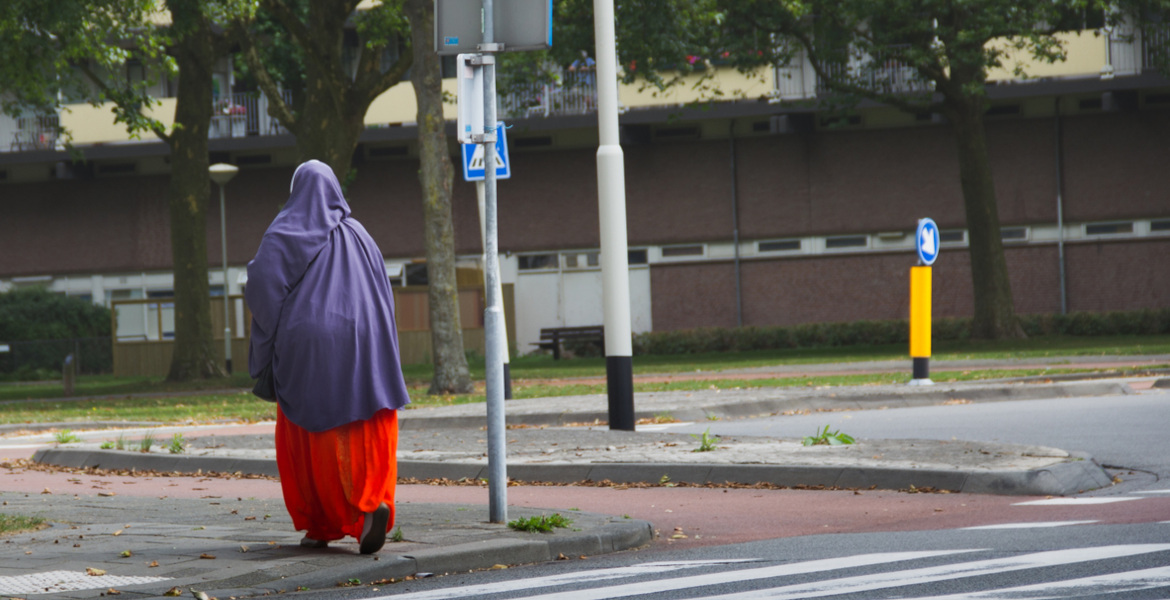Norway is now proposing to change the law to set a 15-year age limit for using social media. However, it is unclear how this will be enforced in practice.
This spring, the Norwegian government announced that it is working to introduce stricter age regulations for social media. This is because a large number of children use social media, including around half of the country's nine-year-olds.
Now, the Norwegian government wants to introduce a law that will set the age limit for social media at 15.
– We know this is an uphill battle, as there are powerful forces at work, but this is precisely where policy is needed, Prime Minister Jonas Gahr Støre told Norwegian newspaper VG.
"Enormous impact"
To create a social media profile today, you have to consent to the platform collecting personal data of various kinds. The Personal Data Act in Norway states that you must be at least 13 years old to consent to this, and it is now proposed that the law be changed to 15 years.
– If the age limit is raised to 15, and parents comply, it will have an enormous impact on a child's life, says Minister for Children and Family Affairs Kjersti Toppe.
The problem is that despite the current age limit, there are many younger children using social media in Norway. Therefore, the next step is to figure out how to prevent children from easily clicking through even if they are not old enough. Some form of electronic identification, such as BankID, could be the solution, but it's not that simple, says Toppe.
– If there is to be an age verification, it must apply to everyone, and there are surprisingly many people who do not have BankID, she says.
There are disadvantages
Christer Hyggen, a researcher on children and young people's screen use at Oslo Met, understands the government's proposal, but points out that many of the debates and information needed to participate in the public discourse today take place on social media.
– Raising the age limit for social media could limit children's opportunities to participate on an equal footing with others, Hyggen told Norwegian state broadcaster NRK.




